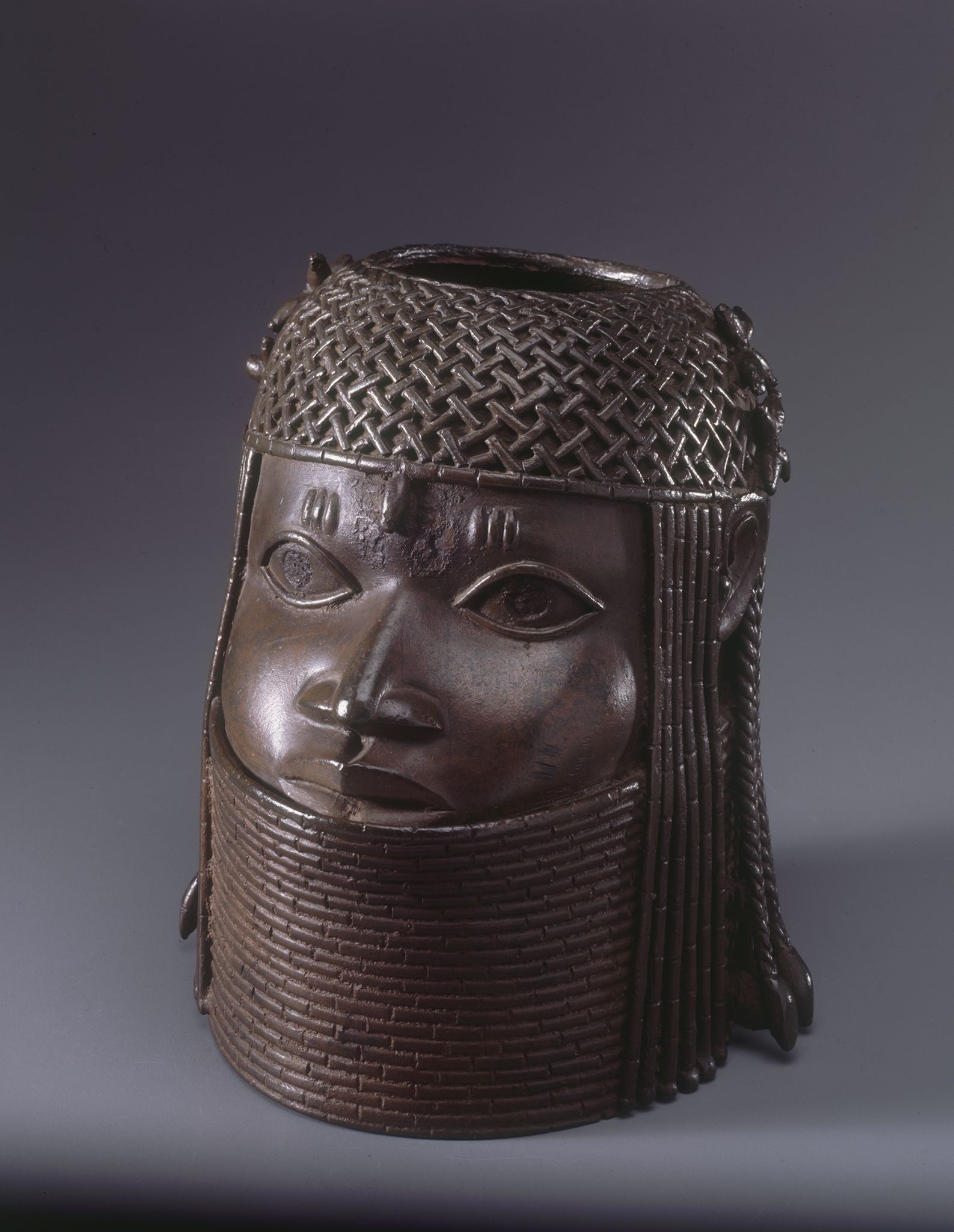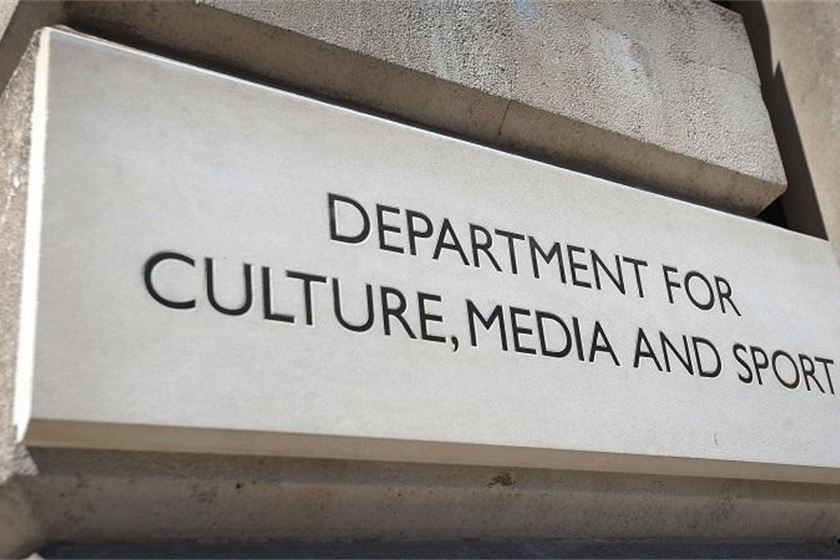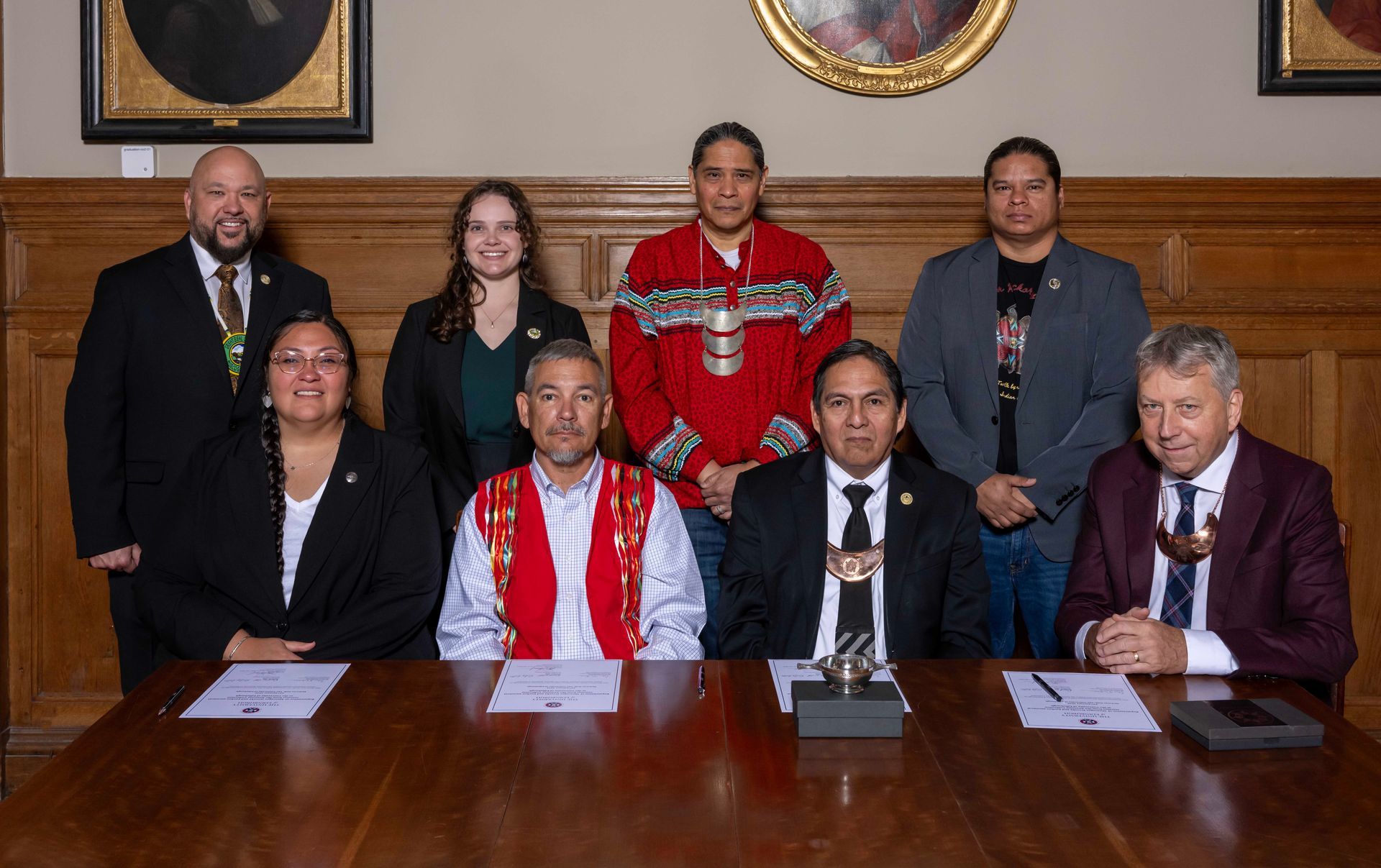Cultural Restitution
SHARE ARTICLE
Britain’s colonial past occupies a pivotal role in today’s culture wars. So the way museums engage with colonial legacies shows how willing they are to face up to centuries of racism and exclusion - and their readiness to put right the wrongs of the past.
Important guidance was launched at the Museums Association's annual conference in November that could be a game changer. Can it really transform the purpose of museums and change the way they present imperial narratives?
Supporting decolonisation in museums provides guidance for museums setting out to decolonise their collections. The MA call it just a starting point, created over the last two years by a working group of museum professionals whose task it was to help museums become more equitable, inclusive and diverse. But in reality, the guidance is more far-reaching, warranting the attention of both those who’ve yet to start as well as those already on the journey.
Decolonising is a concept that invokes different responses. To some it's an unsettling ideology that aims to overturn the nature and traditions of a revered institution; a naked attempt to reverse history by re-writing labels and returning plundered artefacts. But while it's true to be successful it must be allowed to permeate every area of museum practice, it's also about much more.
Decolonising aims to tackle issues of equality and diversity, honesty and accountability, both in the way museums tell the story of empire and colonialism through their collections and in the treatment of the museum's own workforce. Once implemented, it can lead to major structural change and, potentially, will affect the whole way a museum works. But outcomes will vary according to each museum’s own role and objectives.
Up and down this country, museums used their period of lockdown to scrutinise their colonial-era collections. Long-established, grand museums like the Pitt Rivers, Oxford and smaller museums like the David Livingstone Birthplace Museum, Glasgow are just two of many others that took important steps to reappraise and challenge the traditional colonial narratives that lie behind their collections.
But how will Britain’s national collections react? Will they begin to take decolonising more seriously or will they ignore this Guidance altogether?
Most of Britain’s national collections are archives of empire, cataloging the triumphs of an imperial history and presenting their stories through a colonial lens. It won’t be easy to disengage from these legacies. But as institutions that exist for all the nation, our national collections cannot survive outside a framework that fails to meet the realities of today’s multicultural society. Isolating themselves from that society would be a disaster; doing nothing is no longer be an option.
Today's multi-racial society is less convinced than ever that our national museums are exercising an appropriate level of transparency, equality and fairness in the stewardship of these collections. What’s more, there's growing agitation about the continued failure of state-run museums to address historic wrongs or to correct on-going harm. By contrast, developing a new, more ethical and moral stance to post-colonial restitution has become a more pressing priority for state collections across the Channel.
For Britain’s national collections, isolationism from these global trends is likely to be just as disastrous as ignoring the values and interests of Britain’s multicultural society.
Throughout 2021, we’ve reported on a series of European initiatives that place a new ethical framework at the heart of their museum practice. Belgium, Germany and the Netherlands have all announced major plans to correct past colonial wrongs, which include the repatriation of state-owned objects of looted cultural heritage. France will examine whether to introduce their own new framework for returning cultural property in December. And lets not forget there are non-state museums on this side of the Channel that have already taken decisive action, with more regional collections lining up to follow their lead.
Restitution is not the primary goal of decolonisation. Nevertheless, restoring a stolen object to its original community – something a museum would have no hesitation doing if that object was looted post-1970 – is described in the Guidance as a powerful, spiritual and symbolic act that recognises past wrongs.
How much longer will the British Museum and other national collections hold out against this global trend to recognise past wrongs? How much longer before they start to return looted objects? It mustn't be about making grand gestures, like returning the 'Elgin Marbles', which no longer represent the epicentre of the restitution debate. It's about acting to correct clear abuses of justice. For European and other UK collections, the focus has shifted to returning those objects known to have been stolen in the aftermath of violence. Objects that would never have entered UK collections without the shedding of blood. Under this definition, objects looted from Benin City and Maqdala are more immediate candidates for justice. After all, there’s no blood on the Elgin Marbles.
Of course, our national collections are entitled to insist they're legally prevented from starting such a programme of reconciliation without rescinding the British Museum Act and other legislation designed to protect the nation's heritage. These actions would all require new acts of Parliament. But it does lie directly in their hands to recommend this change in legislation.
For Britain's national collections, ignoring this new Guidance carries a reputational risk. As the gap between their response and the rest of the museums sector grows wider, so the eyes of the world will be turning upon them. To lead the sector, they must lead by example. This means embracing the new Guidance and acting towards the nation they serve and the workforce they employ with more transparency, fairness and equality. Sticking their heads in the sand is no longer a viable option.



